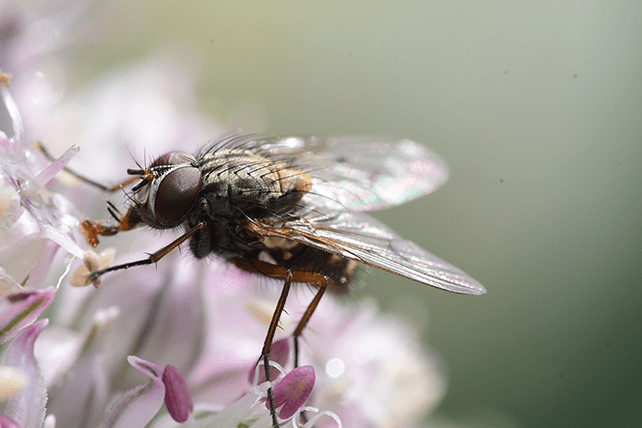Editor’s note: This article is part of forum discussing the fourth Lausanne Congress. It is not an official Lausanne Movement forum but an opportunity for Lausanne delegates to share their thoughts about the fourth Lausanne Congress, the Seoul Statement, and the future of the mission. You can read the entire series, from diverse voices around the world here.
A Dying, ‘Slave Class’ woman
Years ago, my wife had the honor of taking care of a dying “slave-class” woman who had been rejected by her community. A year earlier, we had collaborated with this woman’s village elders and the Mercy Ship to have a very large tumor surgically removed from her mouth and face. It was so large that it protruded out of her mouth, making her both hideous to look at, and in danger of starvation. After her miraculous surgery, she returned to the village a beautiful woman with a new, hopeful future. For the first time in decades, she was accepted and included into the community, no longer a cursed woman. However, a few months later, her curse returned, this time as a flesh-eating cancer that attacked the side of her face and neck. Virtually no one would dare go near this twice-cursed woman.
So, daily my wife would walk out to this woman’s village to change her bandages, clean up the growing gaps in her face and neck, and try to get some food down her throat and past the holes in the side of her cheek that increasingly made it difficult for her to swallow. As my wife would remove the dirty bandages and rotten flesh from the woman’s face, she would place the refuse on the gravel patch just outside the woman’s tiny hut.
Attracted by the stench of rotting flesh, flies would come in large numbers and swarm over the little piles of death and decay. When my wife would finish re-bandaging up her friend, she would find that the area outside had been picked completely clean by the flies. The bandages, exposed to the sterilizing power of the sun, were ready to be washed and used again.
My wife often said how thankful she was for the flies that cleaned up the decay, and for the sun that did its amazing purifying work.
Flies and Bees at Lausanne
After several decades of service in a rural, unreached context, my wife and I had the honor of participating in the Lausanne 4 Global Congress. It is an experience we will forever cherish. We were greatly encouraged there and made many wonderful connections from all around the world.
Near the end of the Global Congress Gathering in Seoul, Michael Oh, gave an impassioned speech, encouraging us as we moved forward from this historic gathering. In that speech he quoted a proverb about flies and bees, strongly encouraging us to look towards the positive and highly recommending that we function as bees rather than as flies who just find the filth and the rot rather than that which is sweet and beautiful. Nobody likes flies.
His use of that proverb got me thinking about our personal experience with flies and bees. In Africa, both bees and flies have an important role to play. Both can kill. Both can also help bring health and healing in their own unique ways.
As Michael Oh encouraged us, we do need to celebrate the good and the sweet things about Lausanne and about the world! God is so, so good! We cannot lose sight of that fact! At the same time, we dare not ignore the unpleasant things and unredeemed places that still abound in the broken world in which we live in. Left unacknowledged and unattended, the rot will soon overpower that which is good.
The Good and the Bad at Lausanne
My wife and I were greatly encouraged by the Congress. Our hearts were stirred by the plight of the persecuted church, and we were motivated anew to reach out to those who are marginalized and oppressed. Praise God!
But at this Congress, we also noticed that the voice of the unreached was not heard in a similarly compelling way. Where were the personal testimonies of people coming from the darkness into the light? How was the desperate need of those who are still lost in darkness highlighted and brought before us in a personal way? The very peoples for whom Lausanne was formed to consider were themselves left in the margins.

